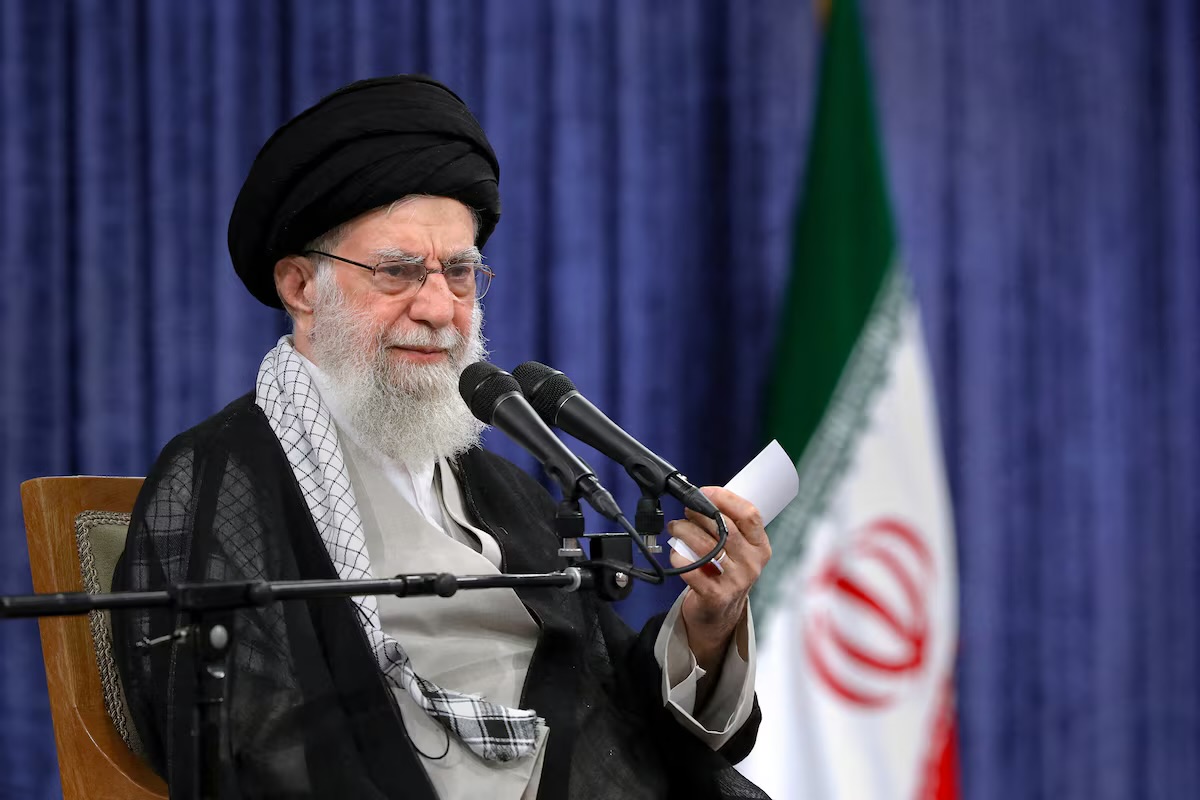By Esther Murunga (Kenya)
You unlock your phone screen in the morning; the first pop-up is news on the latest abduction case. You sigh, trying to steer clear of similar news, but the information follows you everywhere. You recall all the carefree remarks you’ve made about the political regime and wonder if it’s time to retreat into your more introverted self. And with the new year upon you, the idea of spending it complaining and feeling agitated just doesn’t sit right. ‘What’s next?’ you wonder.
The abduction of Kenyan youth surged in the wake of the anti-tax protests in June 2024. As the numbers continue to rise, now including a growing death toll, fear, exhaustion, and despair have overshadowed the once-strong desire for political reforms among the youth. In the words of Sarah Dessen,
“Anyone can hide. Facing up to things, working through them, that’s what makes you strong.”
These intense moments present us with a choice: to shrink away or to recharge, strategize, and adapt to the changing circumstances ahead.
The Burden of Fear and Fatigue
In 2024, young Kenyans engaged in the political struggle through online activism and peaceful protests. In response, the government retaliated with threats, abductions, violence, and even death for those deemed a threat to its authority. These extreme measures fall hardest on young people already burdened by unemployment, limited opportunities, and the pressure to become the leaders of tomorrow.
Africa’s history of political dictators who go to great lengths to secure power and resources for their interests only deepens the crisis. A growing fear is that political elites manipulate justice systems, using their access to power to perpetuate injustices against the oppressed. The underlying intention seems to be to create the illusion that the youth’s fight for better leadership is a never-ending struggle. The result is emotional, physical, and mental exhaustion, even for the most resilient advocates.
Fill Your Cup
The timeless saying goes, “You cannot pour from an empty cup.” At the height of the protests and online activism, Kenyan youths went all out to express their frustrations with the government. As the sunrise settles into this new year, sustaining these efforts means acknowledging the mental and physical drain that they bring and embracing rest. Burnout diminishes our ability to think critically, organize effectively, and inspire others. It drives us down a hole of darkness, apathy and depression. Burnout also stifles the creativity essential for tackling systemic challenges in the country’s governance. For the Kenyan youth, the dawn of 2025 is the perfect opportunity to pause, recharge, and recalibrate for sustained advocacy.
Strategies to Relax, Reset, and Reignite
Utilize Support Systems
Surround yourself with like-minded individuals who share your political activism values and goals. Communities—whether physical or virtual—provide emotional support, fresh perspectives, and encouragement. They also nurture group efforts that distribute the weight of activism fairly.
Set Realistic Goals
A major fault in activism and advocacy work is the failure to set SMART goals. This is why such work often feels endless. Breaking down the journey into smaller, achievable milestones can make the path ahead more manageable and rewarding in 2025. Speaking of rewarding, celebrate every win, no matter how small, as it is these steps that build momentum for larger victories.
Engage in Creative Outlets
Art, music, and storytelling have long been tools for processing emotions and inspiring change. Channelling fears and hopes to the world through such creative mediums not only helps in personal healing but also galvanizes others to action. Seek out related initiatives around you or start one using your natural talents.
Prioritize Mental and Physical Health
Exercise, meditation, and sufficient sleep are the ingredients for a positive mindset. These practices not only alleviate stress but also enhance focus and decision-making. Creating a routine around these ingredients with the help of programs and apps that promote mindfulness can be particularly helpful in navigating the emotional toll of advocacy.
Unplug Periodically
Many people underestimate how overwhelming the constant flood of news and social media updates can be. Don’t be one of them. Take intentional breaks from screens to reconnect with yourself and your immediate surroundings. It is always okay (and highly recommended) to step back to protect your peace.
Reframing the Narrative
Death awaits the narrative of despair and struggle in political advocacy. The world is seeking sounds of hope and empowerment instead. Kenyan youth have a history of resilience, whether in the fight for independence, multiparty democracy, or social reforms. Harnessing this resilience through positive rhetoric has the potential for transformative change in political spaces.





